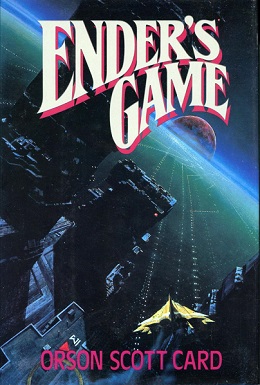The book really captured me and although I’m not convinced I accessed all the experience it offers it was certainly immersive. So much so I read it in a single sitting.
The story is based on real events. An epic game of Go which lasted 6 months between a retiring master and an upcoming challenger. The author was in fact a journalist covering the particularly famous game that the tale is actually based on.
As a story it’s equal parts insight into Japanese culture and a beautiful explanation of game playing at its highest levels.
The insight into Japan is something I found compelling because I’ve long been fascinated by Japanese culture and history. The story reflects the beauty of the country, the varied climate and the rich cultural customs. But it also dwells a pivot point in Japanese history capturing the spirit of two eras in one place.
The retiring master represents the last remnants of the aristocratic era and of the famous Go houses. The challenger represents relative modernity with a professional and family life.
And that’s all both reflected and framed by the game of Go. The game of Go was changing as well. Shinfuseki strategies towards the opening of a Go game were developed around the time this story is set.
Yet the focus in the story is at the personal level. The author concentrates on the obsessive degree to which games can capture a players mind. But also how this can be rewarded with the gift of a new creative language; the ability to understand where a move comes from, why it is played – and what it means. As the challenger character says about move 130 –
‘A fine thing he has done to me. A terrible thing, that’s what it is. Earthshaking’
There are possible deeper allegorical readings of the story. It could be taken as a classic tale of a battle between the Master and the challenger – of life and decay, of death and defeat. Or even as a premonition of how ‘old’ Japan would be defeated in WW2 and forever changed.
But as compelling as these readings may be alone they all still cohere into the surface reading. The story of a well played game between two committed players.
This book is a powerful proof that games can be meaningful enough to tell the story of. And that within games different stories can be found.
I want to hear more of these stories.


